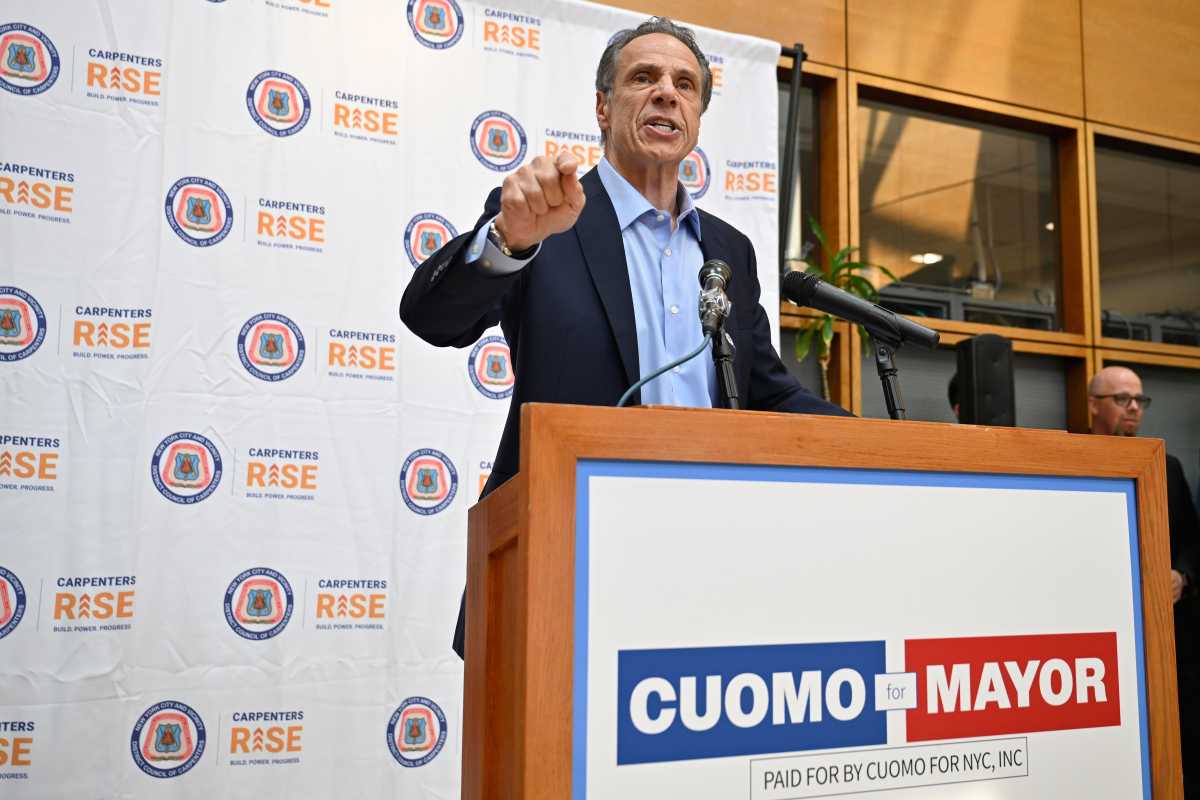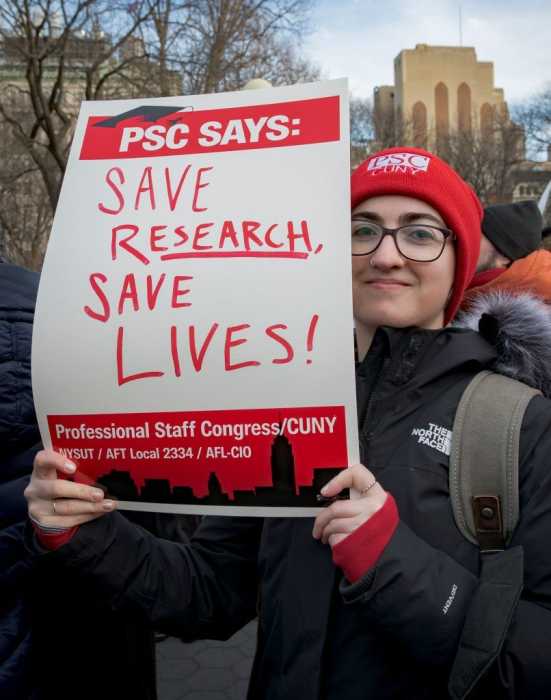American politics has always been a contact sport. But it has crossed a line in recent years. It is now less like sport and more like war.
I know, of course, that even in the late 18th century there were high-pitched political battles. In fact, the most dramatic of these resulted in the death of Alexander Hamilton in a gun duel with his political enemy, Aaron Burr, right across the Hudson in Weehawken.
Despite our lax gun-control laws, we no longer have gun duels to settle political battles. Instead, we have weaponized law enforcement and unleashed ambitious investigators and prosecutors to take down our elected leaders.
This has been evident both in our recent presidential election as well as in New York’s city and state government. Think about it: Wasn’t FBI director James Comey a key factor in the demise of Hillary Clinton’s presidential campaign? Didn’t Trump and his hyped-up rally audiences constantly chant: “Lock her up!”?
We usually only read about non-democratic and authoritarian governments that lock up political opponents, not live in one. So I ask, how did we sink so low?
Even in New York, a relatively progressive state, we are witnessing potential prosecutorial overreach. For the past few months, everyone on the inside of New York City politics has been buzzing about the potential indictment of Mayor DeBlasio, possibly along with a number of his key aides. Many people in recent days have told me that the results from two grand juries that were empaneled for investigations of the administration’s political activities are imminent.
Although I am skeptical that any of this will be fatal to the mayor’s re-election chances, there is still a dark cloud hanging over him and a few potential competitors are anxiously awaiting the U.S. attorney’s and district attorney’s decision.
In scandal-scarred Albany, we have recently witnessed the indictments and convictions of two of the three most po werful elected leaders in the state — Assembly Speaker Sheldon Silver and Majority Leader Dean Skelos. This came after a dozen convictions of legislators in the past decade in addition to the recent indictment of a close aide to the governor.
Does power corrupt, as the old saying goes, or have we criminalized politics to the point where every elected leader should both wear a wire and be considered a prime suspect for some malfeasance?
There’s no easy way to answer this. Yes, absolute power corrupts absolutely (as we saw in the case of the 20-year reign of Sheldon Silver). Yes, large campaign donations to elected leaders can lead to favoritism and quid pro quos that certainly cross a line too frequently.
But…
Houston, we have a big problem when Hillary Clinton’s ill-advised use of a private server for privacy reasons results in calls for prosecution and jail time. And when the mayor of New York City can’t engage in partisan politics to aide Democratic candidates for the state Senate without being accused of campaign finance fraud.
Don’t get me wrong — we need vigilance to keep politicians straight and bold prosecutors to pursue justice when they’re not.
But we have reached a tipping point when seemingly every political action results in an investigation. When prosecutors leak to the press the empaneling of grand juries to investigate malfeasance. When overzealous political fathers’ attempts to help their troubled children results in jail time.
We are living in strange and dangerous times politically.
It is high time we call off the political wars and weaponized investigations and let government focus on improving society and building for the future.
With our education system, our roads, bridges and subways all deteriorating, there is a lot of work to do in a bipartisan way to make our society even greater.
Let’s call a political cease-fire.
Tom Allon, president of City & State NY, was a Republican and Liberal Party-backed mayoral candidate in 2013 before he left to return to the private sector. Reach him at tallo




































